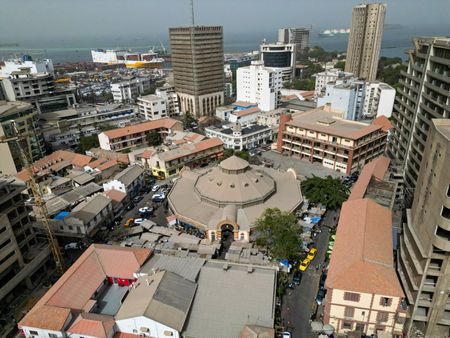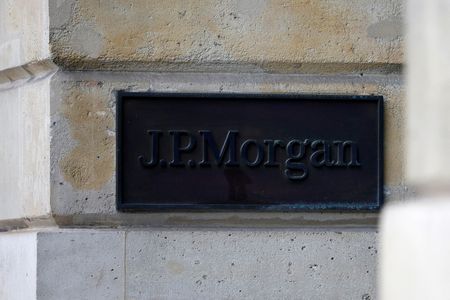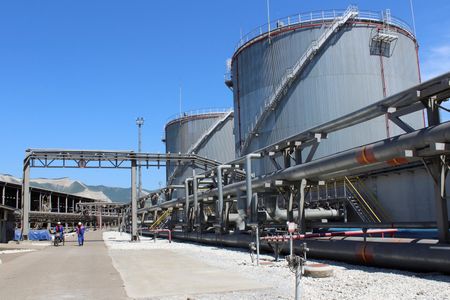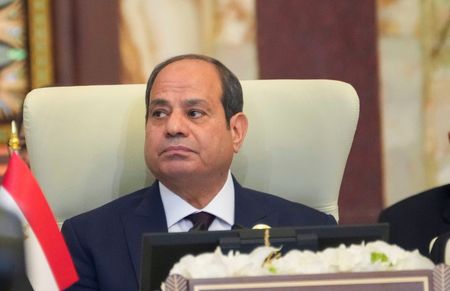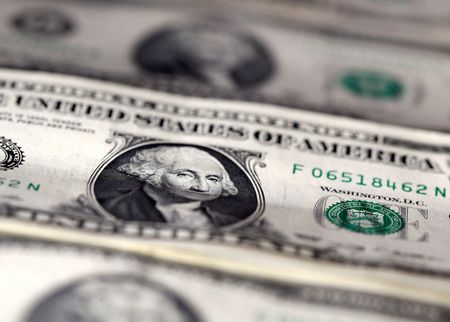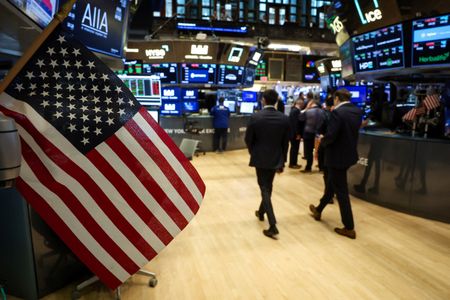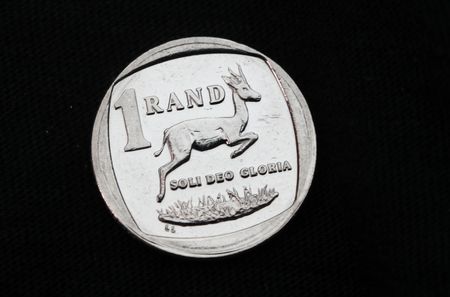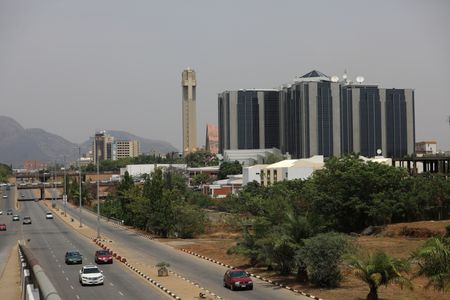DAKAR (Reuters) -Senegal’s finances have been thrown into crisis with the discovery last year of billions of dollars in debt hidden under the previous administration. Following is a timeline of how the West African country’s debt woes unfolded and efforts to address them:
March 27, 2024 – Opposition candidate Bassirou Diomaye Faye, a former tax inspector popular with young voters, is named the winner of Senegal’s presidential election. He is a close political ally of firebrand opposition leader Ousmane Sonko, who threw his support behind Faye after his own candidacy was rejected.
September 26, 2024 – Sonko, now prime minister, accuses former President Macky Sall’s government of lying to partners and falsifying figures after an audit reveals that the debt and budget deficit are much wider than the previous administration reported.
October 4, 2024 – Moody’s downgrades Senegal’s long-term ratings to B1 from Ba3, citing a significantly weaker fiscal and debt position.
October 16, 2024 – An IMF staff team completes a mission to Senegal to begin assessing the impact of Senegal’s revised fiscal data on past and current IMF-supported programmes. Later in October, Finance Minister Cheikh Diba confirms the IMF has suspended its $1.8 billion credit facility.
November 21, 2024 – Provisional results show that the Pastef party of Faye and Sonko has won 130 of 165 seats in legislative elections, securing a clear parliamentary majority and a mandate to pursue promised reforms.
February 12, 2025 – Senegal’s Court of Auditors publishes a long-awaited audit confirming that Sall’s government understated key debt and deficit figures.
February 13, 2025 – Senegal says it will investigate alleged malfeasance following the state finances audit and says it hopes for a new IMF programme by June.
March 24, 2025 – The IMF says talks on a new programme for Senegal cannot proceed until misreporting of key economic data is addressed.
March 26, 2025 – The IMF calls for urgent reforms, urging Senegal to streamline tax exemptions and phase out costly energy subsidies after the audit findings.
June 3, 2025 – Sonko is quoted in local media saying Senegal will boost tax compliance to raise revenue and cut reliance on external financing.
June 24, 2025 – Finance ministry data show Senegal’s public debt had climbed sharply by end-March 2025, underscoring persistent fiscal strains.
July 14, 2025 – S&P Global Ratings downgrades Senegal’s long-term sovereign rating to “B-“, citing deepening debt strains.
August 1, 2025 – Sonko announces a new economic recovery plan, pledging to fund 90% of it from domestic resources and avoid new external debt.
September 17, 2025 – A government source tells Reuters that Senegal plans to raise 100 billion CFA francs ($180 million) via a local sukuk by year-end and is preparing a benchmark international sukuk for 2026 to bolster its finances.
October 2025 – A revised budget document shows Senegal has raised projected debt service payments over the next three years by about 3.2 trillion CFA francs ($5.8 billion), Reuters reports.
November 6, 2025 – The IMF concludes a mission to Senegal without a new lending programme but says it aims to finalise one as soon as possible. International bonds start sliding, with some hitting record lows in the following days.
November 8, 2025 – Sonko says the IMF is pushing for Senegal to restructure its debt but that Dakar is resisting such a move because it would be a “disgrace”. The IMF says restructuring “remains a sovereign decision”.
November 13, 2025 – Senegal’s finance ministry tells investors the country will honour its debts and remains committed to dialogue with the IMF.
November 14, 2025 – S&P downgrades Senegal’s long-term sovereign rating to “CCC+” from “B-” and places it on “CreditWatch developing”, warning of further cuts if the government is unable to refinance upcoming maturities.
(Writing by Ayen Deng BiorEditing by Robbie Corey-Boulet and Frances Kerry)


